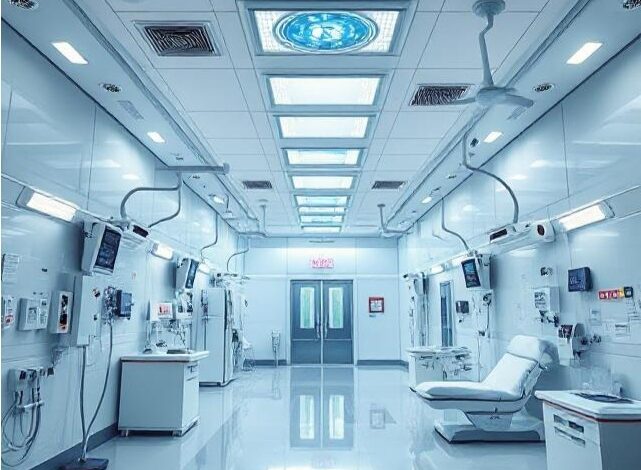Agent Hospital: Inside the World’s First AI-Run Medical Center Revolutionizing Global Healthcare

In a groundbreaking leap for global healthcare, China has unveiled the world’s first fully autonomous AI hospital—Agent Hospital—developed by researchers at Tsinghua University. This virtual facility, powered entirely by large language model (LLM)-driven agents, is poised to redefine medical diagnostics, treatment, and education.
A Hospital Without Humans
Agent Hospital is not a traditional brick-and-mortar institution. Instead, it operates entirely within a simulated digital environment where every doctor, nurse, and patient is an AI agent. These agents are powered by advanced LLMs, enabling them to interact autonomously, simulate clinical workflows, and evolve through continuous learning. The hospital’s architecture is built upon the MedAgent-Zero framework, allowing AI doctors to refine their skills by treating virtual patients, reviewing medical literature, and learning from both successful and unsuccessful cases .
This self-evolving system enables the AI doctors to achieve remarkable proficiency. In testing, they attained a 93.06% accuracy rate on the MedQA dataset, which includes questions from the US Medical Licensing Examination . Such performance underscores the potential of AI in delivering high-quality medical care.
Unprecedented Efficiency and Reach
One of Agent Hospital’s most striking capabilities is its efficiency. The AI doctors can treat up to 10,000 patients in just a few days—a volume that would take human doctors approximately two years to manage . This scalability is particularly significant for regions facing healthcare worker shortages or during public health crises requiring rapid response.
The hospital’s virtual nature also allows for seamless integration with telemedicine services, extending its reach to remote and underserved areas. By providing consistent and accurate medical consultations, Agent Hospital has the potential to democratize access to healthcare.
Transforming Medical Education
Beyond patient care, Agent Hospital serves as a revolutionary platform for medical education. Medical students can interact with AI patients, practicing diagnosis and treatment planning in a risk-free environment. This hands-on experience enhances learning outcomes and prepares students for real-world clinical scenarios .
The AI hospital also facilitates continuous professional development for practicing clinicians. By engaging with the AI system, doctors can stay updated on the latest medical knowledge and refine their decision-making skills.
Ethical Considerations and Future Outlook
While Agent Hospital represents a significant advancement, it also raises important ethical and regulatory questions. Ensuring patient data privacy, obtaining informed consent, and defining accountability in AI-driven care are critical challenges that need to be addressed. Moreover, integrating such technology into existing healthcare systems requires careful planning and collaboration among stakeholders.
Looking ahead, the developers plan to launch a public pilot of Agent Hospital in 2025 through Tairex, a spinoff startup from Tsinghua University . This initiative aims to evaluate the system’s performance in real-world settings and gather feedback for further refinement.
Agent Hospital stands as a testament to the transformative power of AI in healthcare. By combining cutting-edge technology with medical expertise, it offers a glimpse into a future where quality healthcare is more accessible, efficient, and personalized.





